Power lines can alter behavior and the ability to learn!
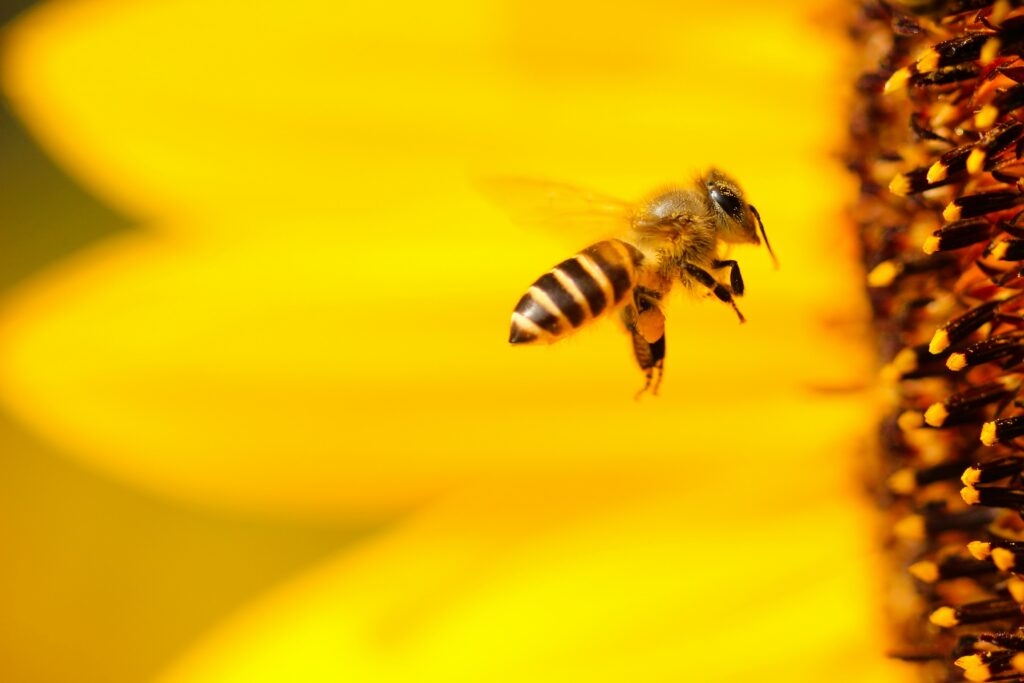
Power lines could be affecting bees by emitting electromagnetic fields that can alter the insects’ behavior and ability to learn. In the laboratory, honeybees (Apis mellifera) were more aggressive toward other bees after being exposed to electromagnetic fields, or EMFs, at intensities similar to those they might experience at ground level under power transmission lines, the researchers report. Those exposed bees also took longer to learn to respond to a new threat than unexposed bees.
The finding may be a clue to help explain the recent mysterious decline in managed honey bee colonies in the US. The insects provide an estimated $15 billion in annual agricultural value by pollinating US crops, but beekeepers reported that colonies last year experienced their worst winter mortality in more than a decade and in previous years, worker bees in some colonies simply they disappeared.
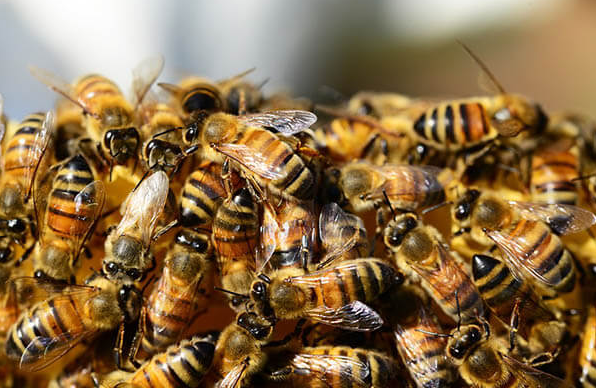
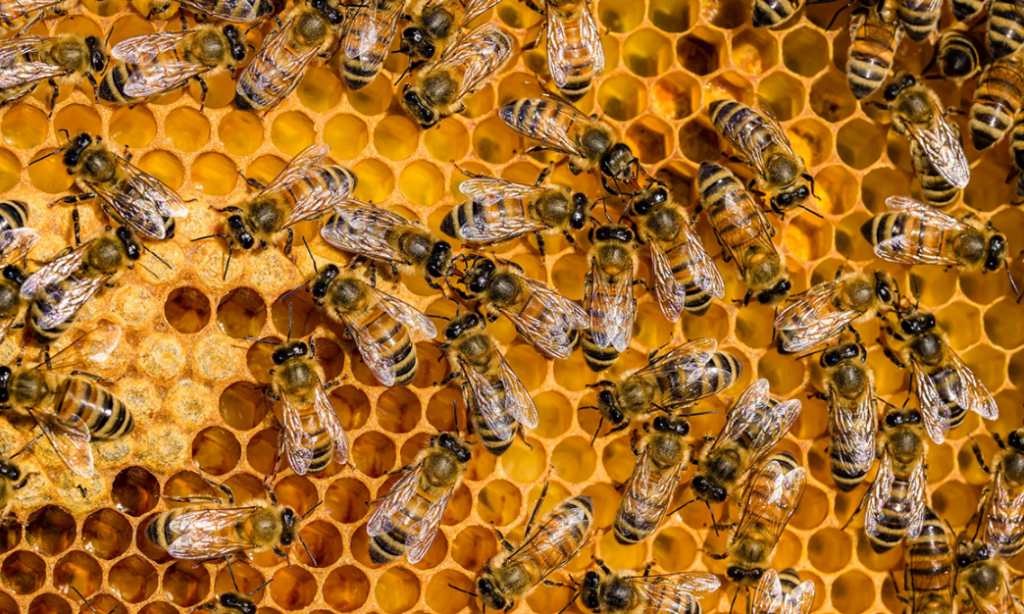
The researchers believe that the problem is not due to a single cause, but to multiple stressors, such as being pushed during a move to new agricultural fields or flying through fields contaminated with pesticides. It turns out that the power lines could also be stressing the bees, together, the stressors could be weakening the bees so that they are less able to survive disease or extreme weather.
In the new study, bees were subjected for 17 hours, the amount of time some bees would spend the night in a hive, at 100 µT or 1000 µT, a typical level of EMF within a meter of the transmission line, then , the bees were subjected to various behavioral and learning tests.


In one test, bees were familiarized with a flowery odor. The bees then underwent five tests in which they were exposed to the scent for several seconds before experiencing an electric shock. The researchers measured how many tries it took the bees to learn to defensively extend their stingers in response to scent rather than stimulus. At both EMF levels, exposed bees were slower than unexposed bees to learn to associate odor with discharge, with only one-third of exposed bees learning to do so after the five trials, compared to one-half of unexposed bees. Exposed bees were also more likely than unexposed bees to exhibit aggressive behavior, such as biting or attempting to sting other bees.
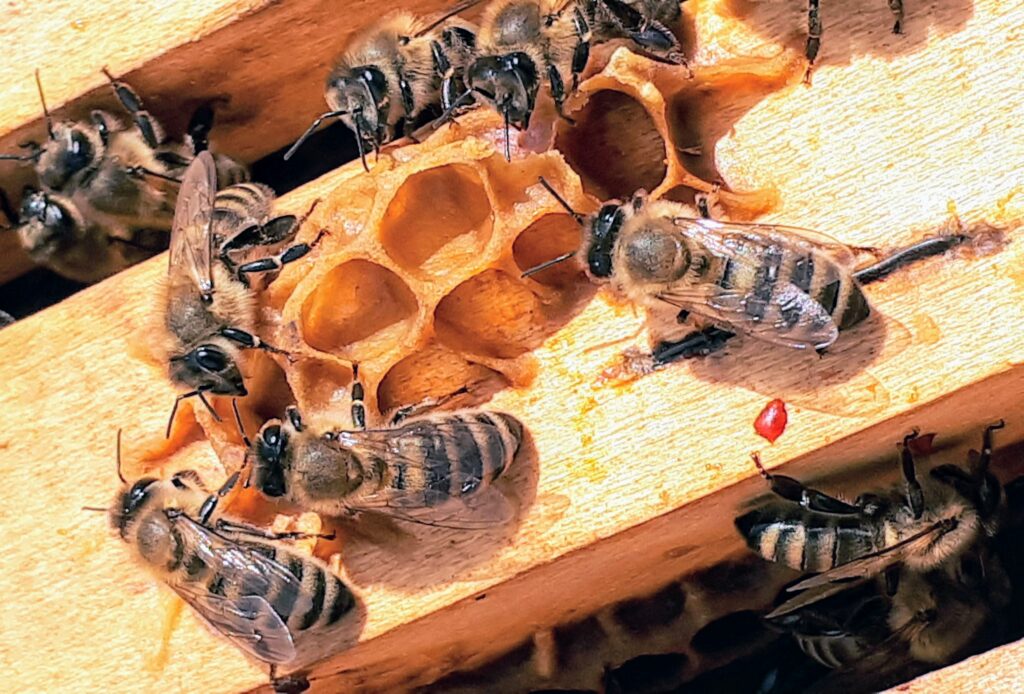
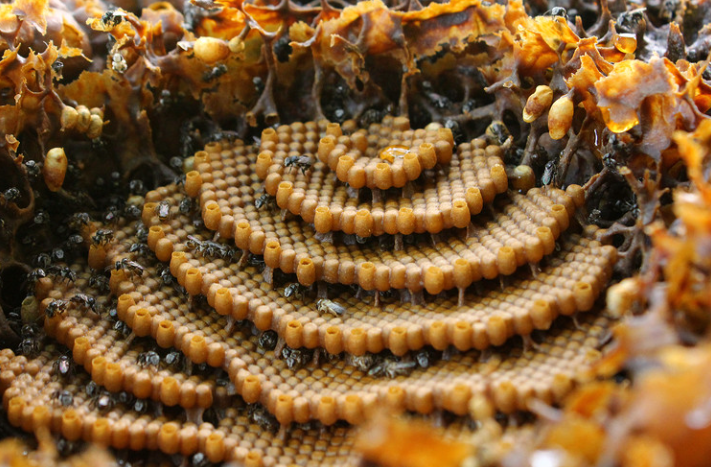
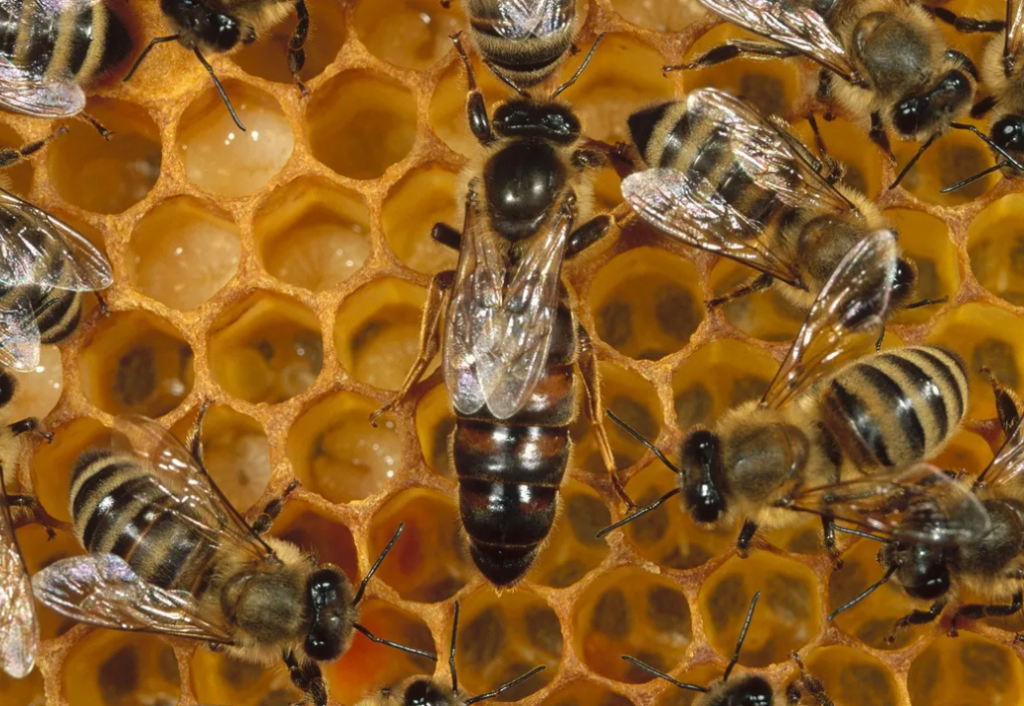
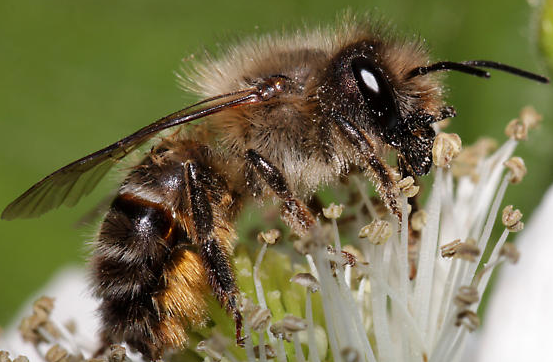
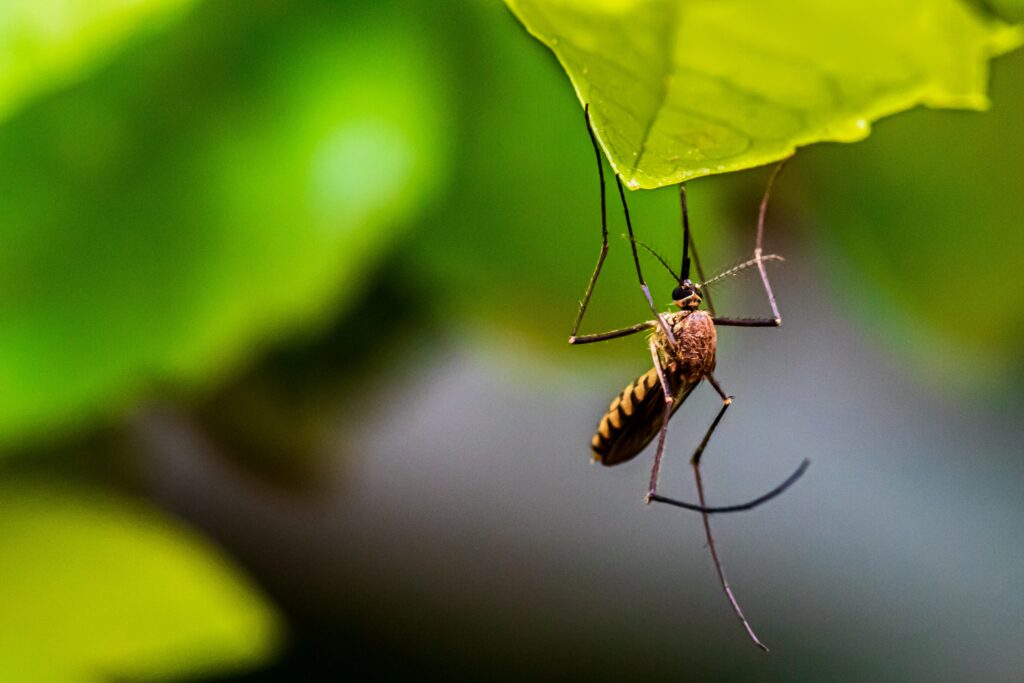
Responses